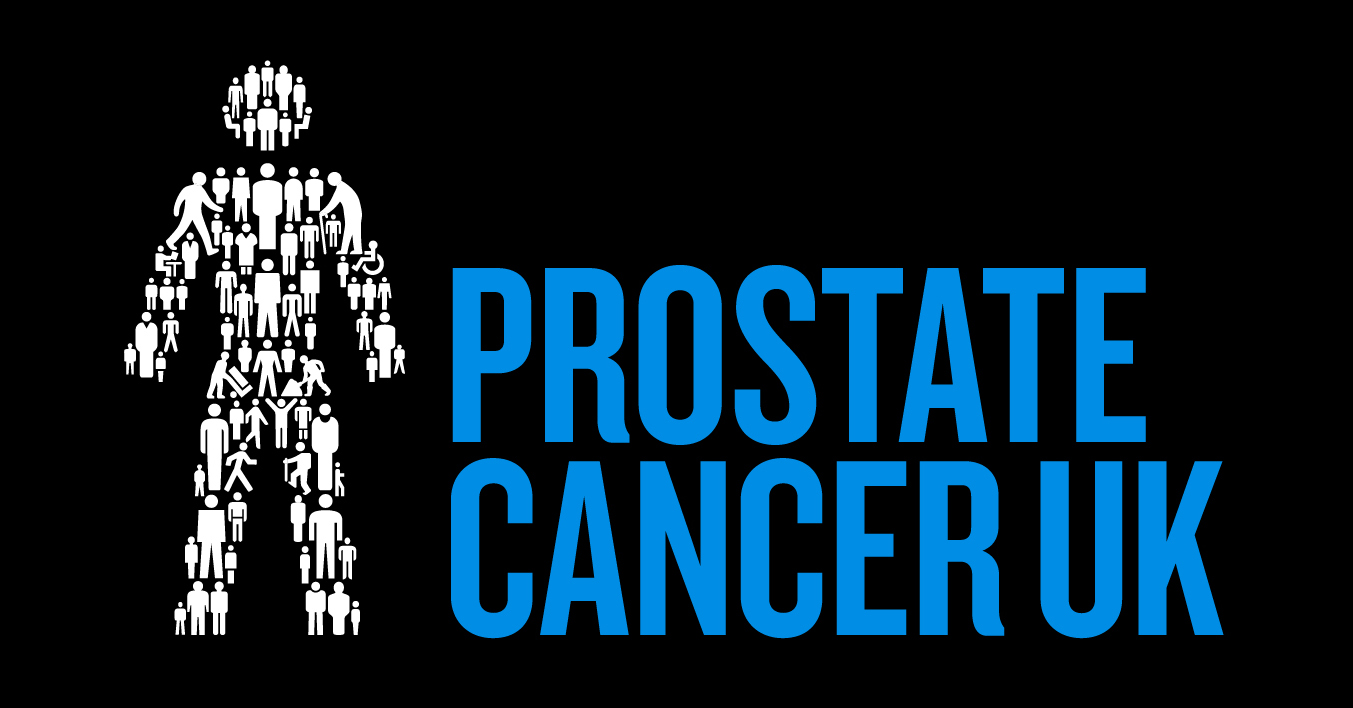Slips, trips and falls are the single-largest cause of accidents in public areas, causing one in three non-fatal major injuries.
These types of injuries cost enormous amounts each year to society. In fact, according to Aviva, the average slip claim is estimated to be around £7,000. Amounting to around £800m, this is a major issue facing businesses, organisations and clubs like yours every day. But they’re often not taken seriously.
Most slips, trips and falls are completely avoidable. And it usually doesn’t cost very much to put measures in place to keep yourself, your staff and your members safe.
Stats from the HSE
With over 35,000 injuries happening per annum thanks to slips and trips, this is an issue that isn’t going away.
Claims for these incidents can run into the thousands, or tens of thousands. Meaning that mitigating the risk and taking control of the situation is key to avoiding major claims on your insurance.
Your legal responsibility
There are several pieces of legislation that govern how you should keep your staff, members and customers safe. These are:
- The Health & Safety at Work Act 1974
- The Management of Health & Safety At Work Regulations 1999
- The Workplace (Health, Safety & Welfare) Regulations 1992
Each of these defines your legal responsibilities and actions you should take to make your club safe.
Managing the risk
It’s important you have a strategy to manage the risk of slips trips and falls. This way, if the worst does happen, you have the evidence to prove that you have taken all reasonable measures to prevent anyone coming to harm.
For complete peace of mind, we’d recommend investing in expert assistance to make sure your strategies are robust, and could stand up to scrutiny should the worst happen and the HSE become involved in a claim.
There are a number of things you can do straight away, such as:
- Maintain a record of all slips, trips and falls that take place, monitoring frequency, severity and cause. Make a note of every incident, however small or seemingly insignificant.
- Make sure you have a ‘competent person’, to manage and mitigate your risks. You can work alongside our risk management department if you don’t have a competent person, and we can take on that role for you.
- Undertake and document risk assessments for any areas of your club where an individual may be at risk of a slip, trip or fall. These should be adapted as changes happen in your club. For example if you’re having renovation work, or specialist cleaning undertaken that goes above and beyond your day to day maintenance.
- Document controls that have been put in place to reduce obstructions and contamination on floors.
- If you need support in assessing your risk, there are a number of tools available to you. The HSE themselves provide a number of resources such as the Slip Assessment Tool (SAT) and Slips & Trips E-learning Package (STEP).
- Conduct routine inspections to ensure your club remains hazard-free. For example, a flooring defect or tripping hazard should be identified asap and rectified.
- Keep a regular cleaning and checking timetable to ensure that areas of concern are monitored regularly.
Dealing with risks as they happen
You should always try to minimise risks as they happen in order to help to create a safer environment for your employees and customers.
Keep your entrance safe
Make sure you have suitable matting to stop water and debris being taken onto the floor of your club from people’s shoes. The external paved areas around your entrance should also be slip resistant when wet, or you could look at installing a canopy to prevent the area outside your building entrance getting wet. This will help to reduce slips and trip.
You should also make sure there is enough lighting throughout your club, particularly outdoors and entranceways.
Take care of your floor
You should also take particular care of the cleaning products used on your floor. You may need to use specific cleaning products or different methods to further minimise risk. For example, you’ll need to use the correct detergent mixed at a certain concentration. To determine the best type of flooring for your usage and footfall, you should consult an expert. You should also make sure any loose, damaged or worn flooring is replaced asap.
Identify key hazards
Do you know the high risk areas in your club? Take a look back at previous slips, trips and falls to identify where the most accidents happen. Think about places in your club that attract high footfall, too, and make sure you pay particular attention to minimising risks in these areas.
Your club might have uneven steps, changes in level or slopes. Other common risks include poor lighting (both in entranceways and outside pathways) or pipes/cables that could be a trip hazard.
Even if you’re not in a position to make major changes to these risks, identifying them and trying to minimise the risk of visitors tripping should be a high priority. A risk management expert will be able to help provide advice on how to minimise risks.
Be prepared for spills
Spillages are likely to be common in any club, particularly clubs with a bar or café. All staff should be vigilant against spills, and ready to clean them as quickly as possible. A member of staff should stay with the spillage while another member of staff retrieves the equipment needed to clear it up. This is to avoid customers falling in the time it takes between identifying the spill and cleaning it. The area of spillage should be dry mopped afterwards to reduce residual moisture. Staff should also put up a sign to ensure the area is clearly marked as wet.
Another practical piece of advice is to organise your daily cleaning so that all areas of the establishment are completely dry by the time your staff arrive the next day.
Get ready for bad weather
Ice and snow are the root of many accidents in the winter months, but there are things you can do to minimise risk. You should be prepared to do your own gritting, alongside any gritting the council does. You should pay particular attention to outdoor stairways, entrance steps and pathways. Make note of every are you grit and when, to avoid duplicating work.
If snow is predicted, cover pathways in grit to make it easier to remove any snow obstructing entry to your club. You should always try to clear as much snow as possible, though you should never compromise your safety or expect staff to undertake tasks that might put them at risk.
Clear away equipment
Your club is likely to have plenty of equipment. If it is misused or tripped over, this could be a significant hazard. Make sure all items are cleared away after use and kept in a secure, locked area. You could also implement a policy to ensure a staff member is always present when equipment is being used. This will help minimise incidents as the member of staff can make sure members aren’t using anything improperly or dangerously.
You should also put in a strict policy to ensure all competitors and members wear proper safety equipment (such as helmets, pads, gloves etc) to every practice and game.
Don’t take your eye off the ball
One of the most important things, is to actively monitor your risk. Don’t put procedures in place then forget about them until something happens.
Set yourself a routine or schedule, and review all potential risks at periodic intervals. This will demonstrate that you are doing everything within your power to protect yourself, your staff and your members or customers.
Constant monitoring also means that you are also consistently reducing the risk for everyone, making sure that it’s highly unlikely for an accident to happen.
Times to be aware of are in periods of severe weather, any material changes to your premises, or through cleaning schedules.
What next?
Review the advice above and take a look at your existing policies and procedures. If you’re not sure they stack up, or if you think there are areas of risk at your club. Take action now. Don’t wait until it’s too late, and someone gets hurt.
If you need support or advice through this process, we have a specialist risk management team on hand to walk you through the minefield of regulation around this topic. And we can provide the peace of mind you need to stay safe.
So get in touch with our team, who’ll be happy to support you.







